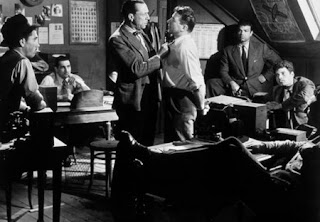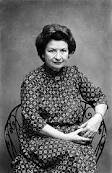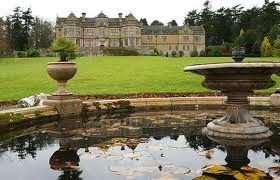Redemption
***SPOILER ALERT***
In between wrestling with the joys of dodgy drainage and British Telecomm I found time to read another novel for the Before I die challenge - Graham Greene's The power and the glory. Power & Glory is often cited as one of Greene's very best books, and one of his most Catholic. I'm a huge fan of Greene, so was sure that I was gong to love this novel, even if it had been sitting on my shelves for some time.
Oddly though I was rather disappointed. Greene got the idea for the book when he was sent to Mexico in 1938 by his publisher to report on the Mexican government's attempts to secularise the state and drive out Catholicism. What Greene witnessed there resulted in a travel book - The lawless roads, and The power and the glory.
Don't get me wrong The Power and the Glory is without doubt a great book. The story tracks the path of an anonymous "whisky-priest" through the state of somewhere rather like Tabasco trying to minister to his flock while the forces of law close in on him. It is, in a way, a modern re-telling of the Gospels. The priest is a sinner, he has come to think of himself as the least capable of any priest; and yet, he keeps struggling on while all about him have failed and given into the forces of secularisation. Ultimately he will suffer betrayal, and death for his beliefs, and for his vocation that he can no more escape than he can his own skin. His bond to God is as much part of him as any other aspect of his personality.
As is usual with Greene it is stunningly well-written, with some great characterisation, and the Mexican country and people are lovingly portrayed. Greene deals lightly both with good and evil. The good are often not as good as they would like to believe, while even the man who will ultimately be responsible for the death of the priest is portrayed sympathetically; although Greene has less time for treachery.
So, why didn't it hold me, the way Greene usually does? It's an extremely sombre read, there is little if any of the darkly comic humour that edges most of Greene's novels; and it seems rather self-conscious. This is a book with a message, and the message sometimes rather gets in the way of the narrative. Perhaps of all of Greene's books with more religious overtones this is the one that has aged the worst. The miraculous at the heart of the End of the Affair sits uncomfortably now; but people still fall in love, often with the wrong people, and there is a timeless quality about the novel that is perhaps more evident now than it was when it was first written.
I couldn't love Power and the Glory, but I admired it hugely. You'd have to have a heart of stone not to admire the character of the anonymous cleric, whatever you may think of his convictions. And as people suffer for their religion worldwide even today, it is still a very relevant novel.










Comments